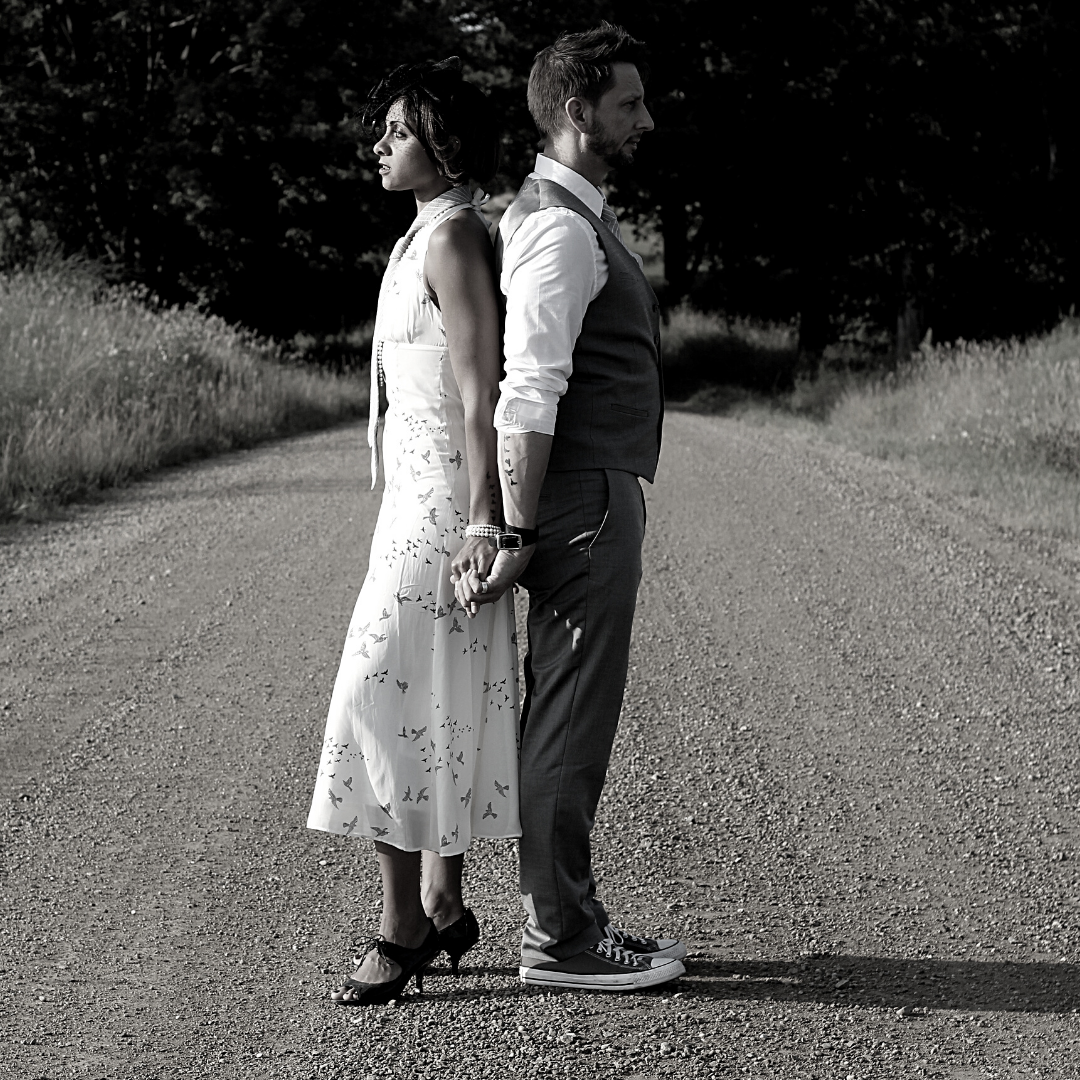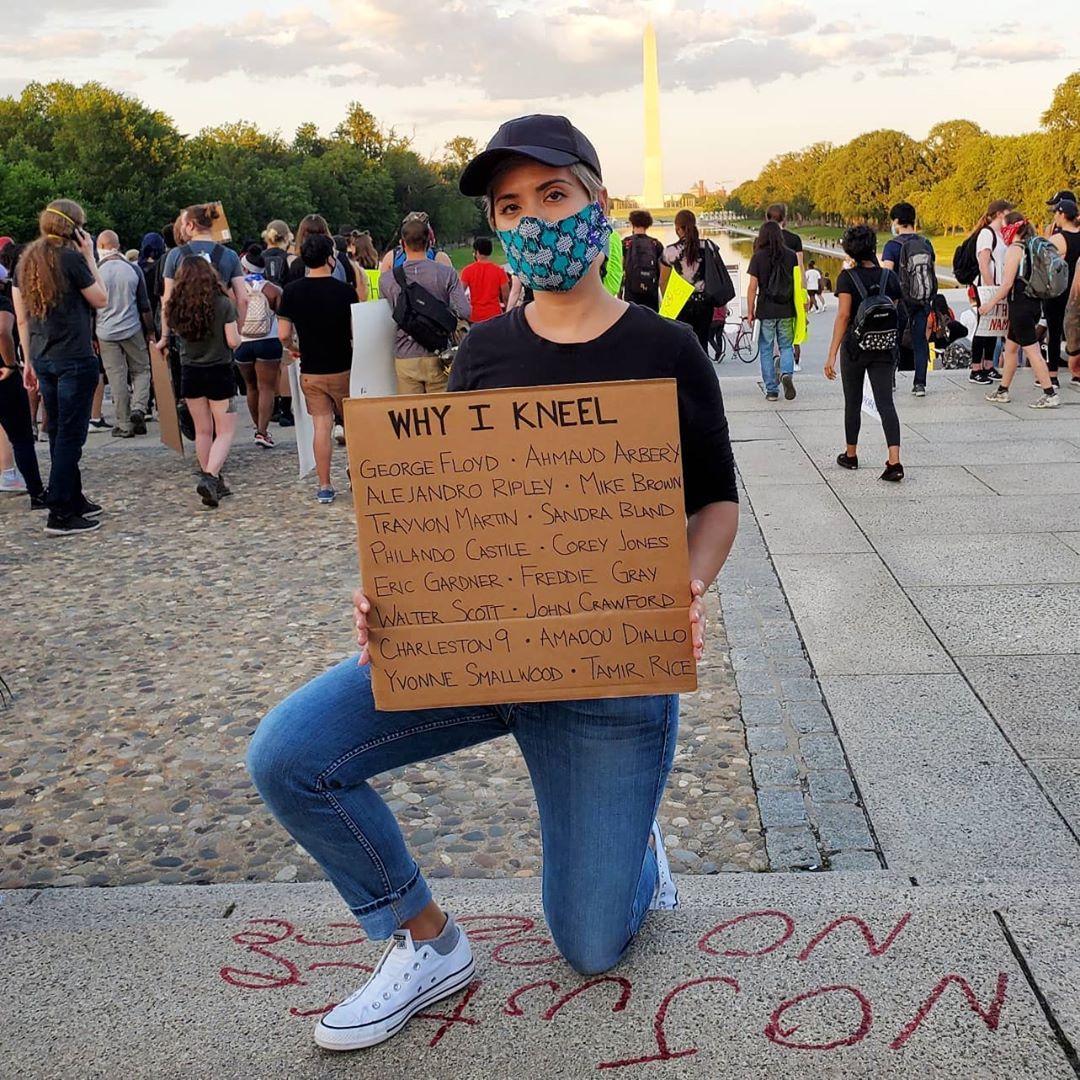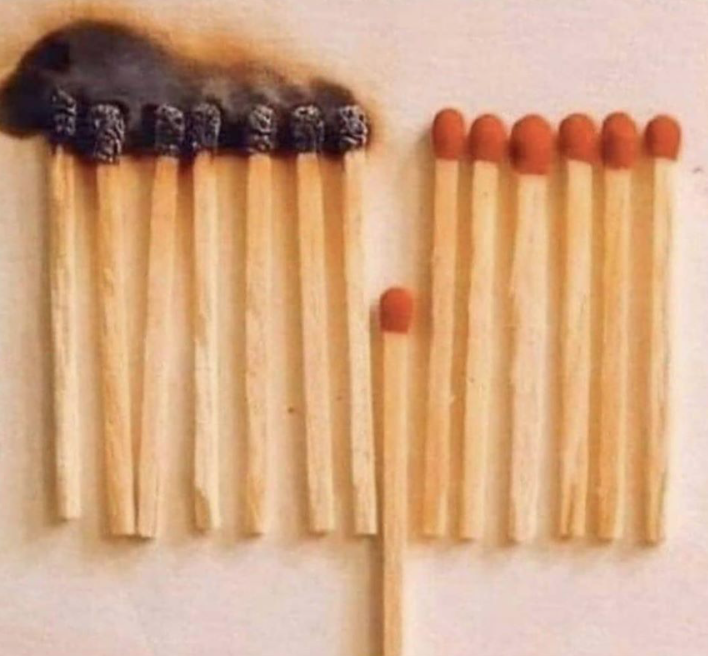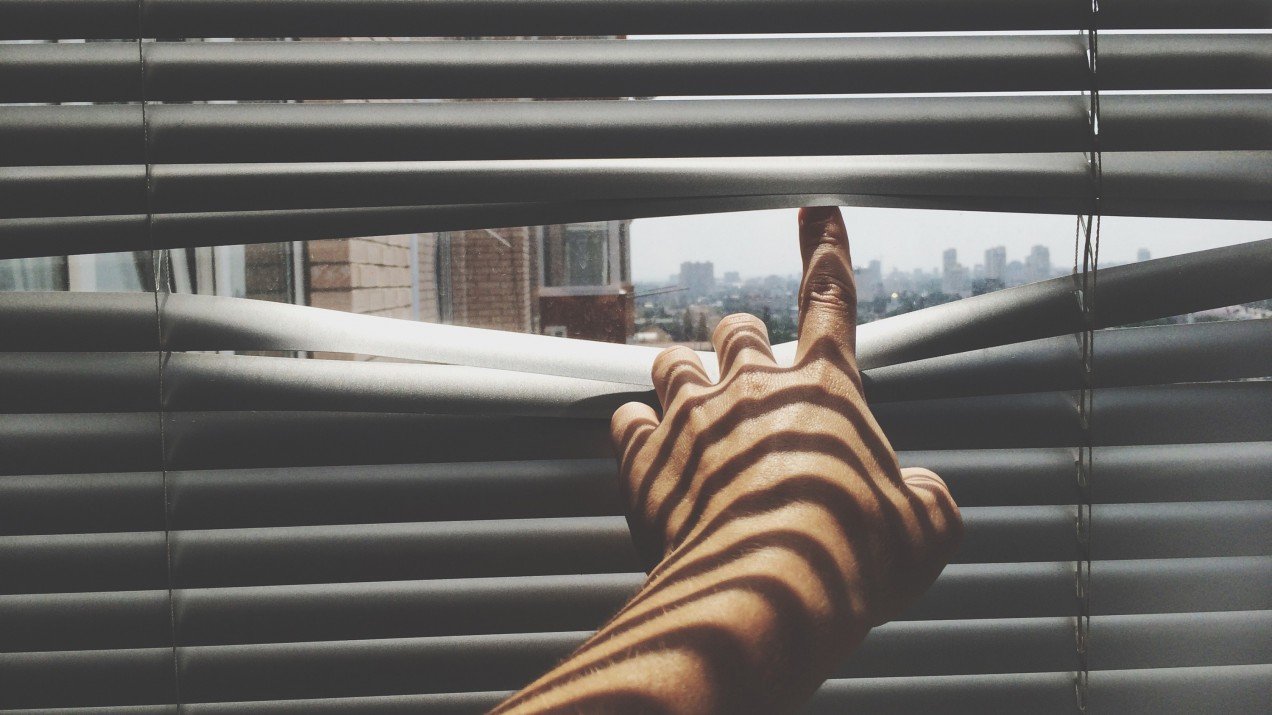LET AMERICA BE AMERICA AGAIN
By: Langston Hughes Let America be America again. Let it be the dream it used to be. Let it be the pioneer on the plain Seeking a home where he himself is free. (America never was America to me.) Let America be the dream the dreamers dreamed-- Let it be that great strong land of love Where never kings connive nor tyrants scheme That any man be crushed by one above. (It never was America to me.) O, let my land be a land where Liberty Is crowned with no false patriotic wreath, But opportunity is real, and life is free, Equality is in the air we breathe. (There's never been equality for me, Nor freedom in this "homeland of the free.") Say, who are you that mumbles in the dark? And who are you that draws your veil across the stars? I am the poor white, fooled and pushed apart, I am the Negro bearing slavery's scars. I am the red man driven from the land, I am the immigrant clutching the hope I seek-- And finding only the same old stupid plan Of dog eat dog, of mighty crush the weak. I am the young man, full of strength and hope, Tangled in that ancient endless chain Of profit, power, gain, of grab the land! Of grab the gold! Of grab the ways of satisfying need! Of work the men! Of take the pay! Of owning everything for one's own greed! I am the farmer, bondsman to the soil. I am the worker sold to the machine. I am the Negro, servant to you all. I am the people, humble, hungry, mean-- Hungry yet today despite the dream. Beaten yet today—O, Pioneers! I am the man who never got ahead, The poorest worker bartered through the years. Yet I'm the one who dreamt our basic dream In the Old World while still a serf of kings, Who dreamt a dream so strong, so brave, so true, That even yet its mighty daring sings In every brick and stone, in every furrow turned That's made America the land it has become. O, I'm the man who sailed those early seas In search of what I meant to be my home-- For I'm the one who left dark Ireland's shore, And Poland's plain, and England's grassy lea, And torn from Black Africa's strand I came To build a "homeland of the free." The free? Who said the free? Not me? Surely not me? The millions on relief today? The millions shot down when we strike? The millions who have nothing for our pay? For all the dreams we've dreamed And all the songs we've sung And all the hopes we've held And all the flags we've hung, The millions who have nothing for our pay-- Except the dream that's almost dead today. O, let America be America again-- The land that never has been yet-- And yet must be—the land where every man is free. The land that's mine—the poor man's, Indian's, Negro's, ME-- Who made America, Whose sweat and blood, whose faith and pain, Whose hand at the foundry, whose plow in the rain, Must bring back our mighty dream again. Sure, call me any ugly name you choose-- The steel of freedom does not stain. From those who live like leeches on the people's lives, We must take back our land again, America! O, yes, I say it plain, America never was America to me, And yet I swear this oath-- America will be! Out of the rack and ruin of our gangster death, The rape and rot of graft, and stealth, and lies, We, the people, must redeem The land, the mines, the plants, the rivers. The mountains and the endless plain-- All, all the stretch of these great green states-- And make America again!
"Let America Be America Again" is a poem written in 1935 by American poet Langston Hughes. It was originally published in the July 1936 issue of Esquire Magazine. The poem was republished in the 1937 issue of Kansas Magazine and was revised and included in a small collection of Langston Hughes poems entitled A New Song, published by the International Workers Order in 1938.[1][2]
The poem speaks of the American dream that never existed for the lower-class American and the freedom and equality that every immigrant hoped for but never received. In his poem, Hughes represents not only African Americans, but other economically disadvantaged and minority groups as well. Besides criticizing the unfair life in America, the poem conveys a sense of hope that the American Dream is soon to come. ​Hughes wrote the poem while riding a train from New York to his mother's home in Ohio. He was in despair over recent reviews of his first Broadway play and his mother's diagnosis of breast cancer. Despite being a pillar of the Harlem Renaissance in the 1920s, he was still struggling for acceptance as a poet, battling persistent racism, and just eking out a living. Selling a poem or a story every few months, he called himself a "literary sharecropper." Fate, he said, "never intended for me to have a full pocket of anything but manuscripts."[3] Hughes finished the poem in a night but did not regard it as one of his best. It did not appear in his early anthologies and was only revived in the 1990s, first in a public reading by Supreme Court justice Thurgood Marshall, later as a title for museum shows.
In theory, never leaving home during the coronavirus pandemic is the most effective means of prevention. It reduces your chance of infection and quickly contains the disease’s spread. A recent study in Science found, for example, that this kind of distancing is even better than widespread travel bans or restrictions.
In practice, however, it’s not always possible to hole up. Your circumstances may not afford you the luxury of working from home or avoiding public transit. And sometimes life happens and you just need to get on a plane. The good news is that tamping down the coronavirus isn’t an all-or-nothing game. There are still many ways you can practice responsible social distancing even when you have to be out and about in the world. In addition to the basics—don’t touch your face, and wash your hands often with soap and water for 20 seconds—click HERE for to read the article by Tanya Basu and Karen Hao that shares some other tips, collected from half a dozen experts, to follow in different areas of your life. Source: MIT Technology Review
The coronavirus is raising a lot of questions for parents, like what does it mean to work from home while parenting young children? Hear from Anya Kamenetz and Cory Turner - education reporters by day and parents by night (and day). In recent weeks, their two worlds have collided, with parents and educators equally concerned about the spread of COVID-19. So here's a quick rundown of some of the great questions they've heard from listeners and readers and the answers they've been able to explore in their reporting. Click HERE to read the article or have a 14-minute listen below.
Source: NPR |
- Platform
-
Causes
- Addiction
- Alzheimer's Disease
- Animal Rights
- Bullying
- Breast Cancer
- Cancer
- Disability
- Domestic Violence
- Down Syndrome
- Environment
- Gender Equality
- Gun Violence
- Health & Wellness
- Heart Disease
- Homelessness
- Human
- Human Trafficking
- Hunger
- Invisible Disabilities
- LGBTQ+
- Mental Health
- Multiple Sclerosis
- Music & Arts
- Suicide
- Unity
- Veterans
- Campaigns
- Services
- Fundraising
- Merch
- About






 RSS Feed
RSS Feed
